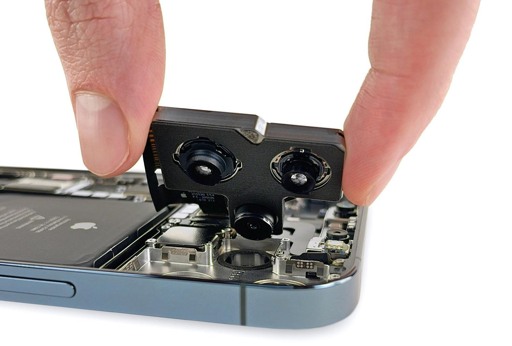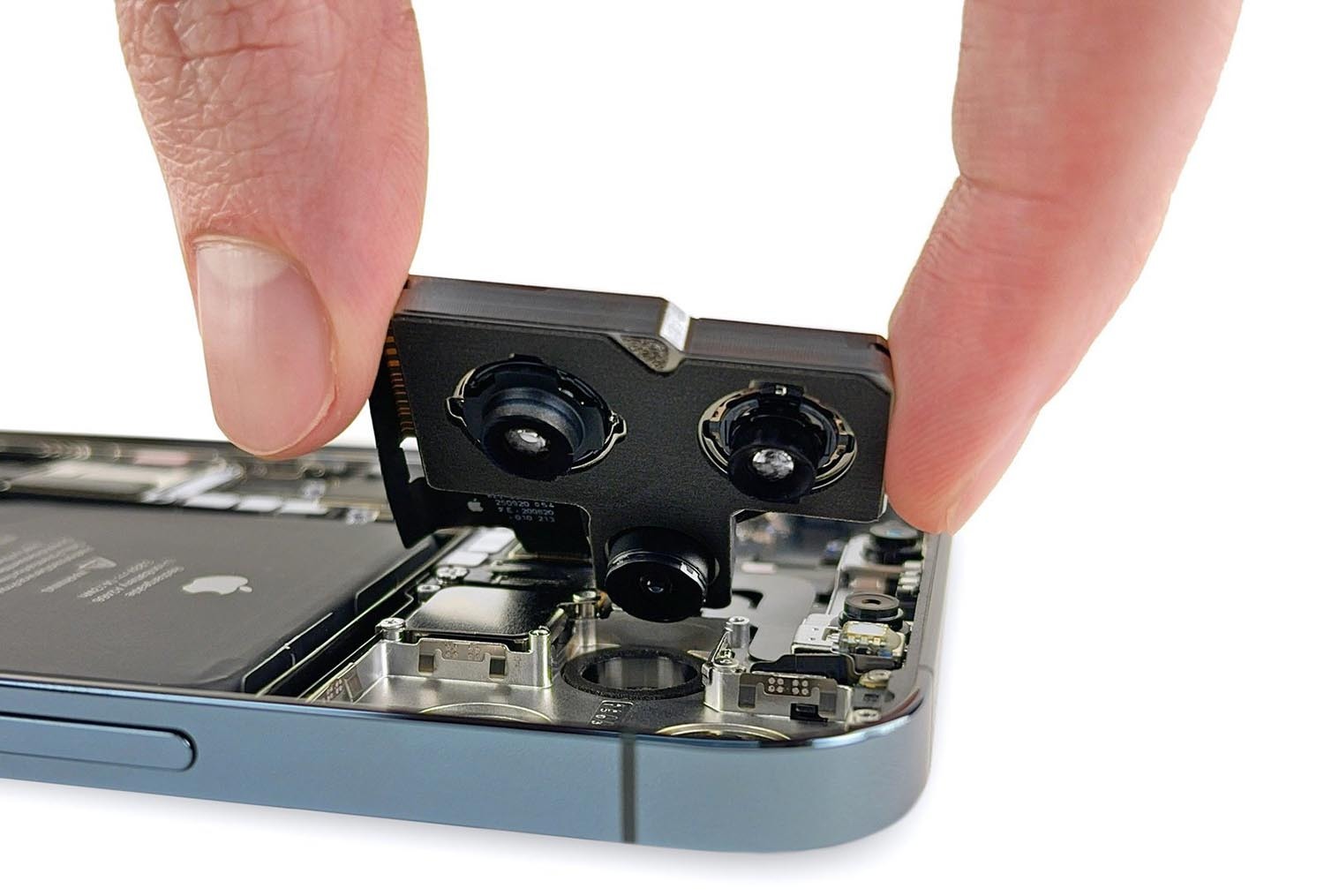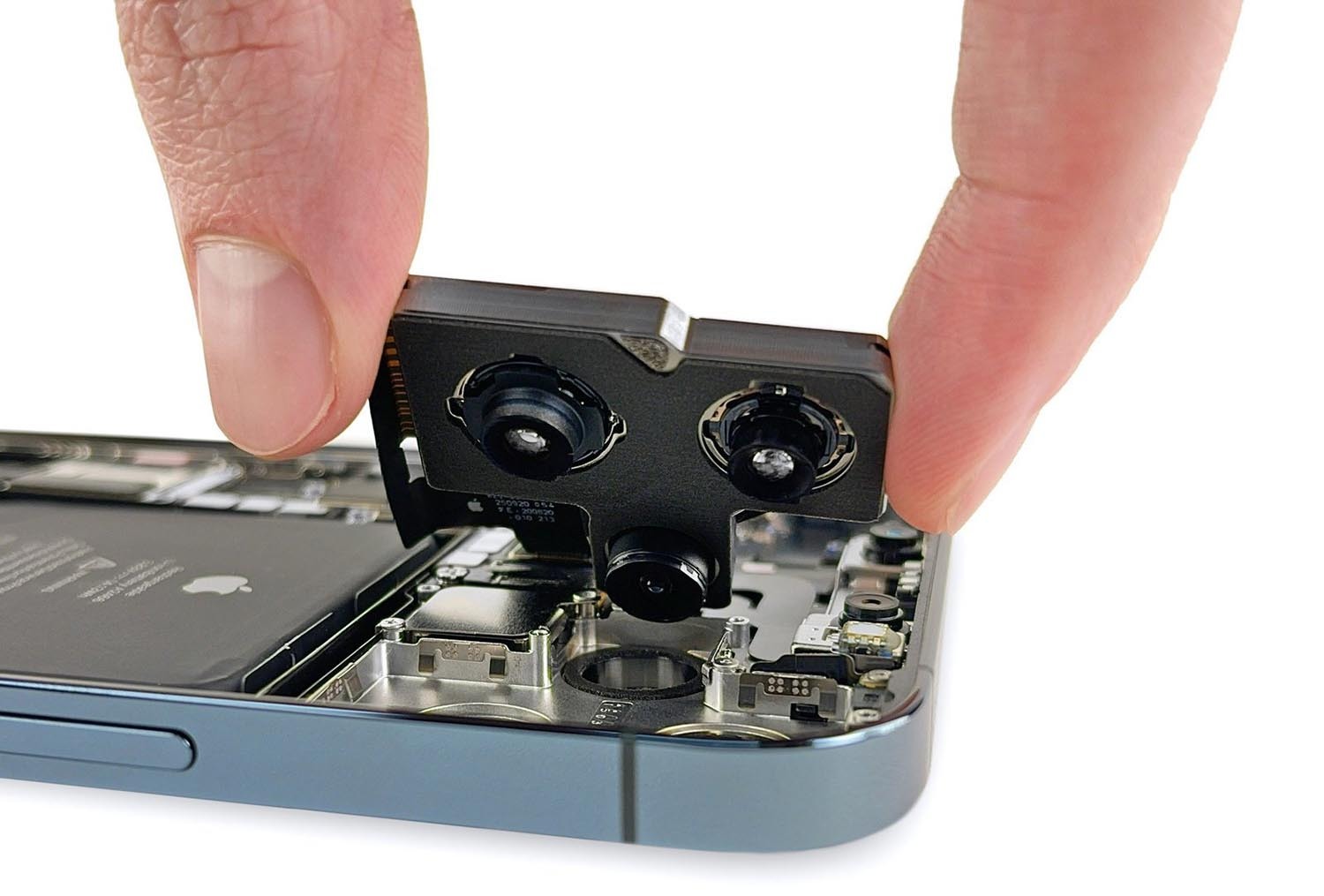This thread is relevant:
- 152 Posts
- 451 Comments

 3·1 day ago
3·1 day agoHow about this as a fix:
The excess solar energy goes to a battery charging vending machine for EVs that sits in the driveway. Someone with a low battery for an e-bike/scooter or nanocar books a battery and pops by to swap their low battery for a full one. That would perhaps be a way to profit from selling the excess energy instead of getting ripped off by the grid.

 7·1 day ago
7·1 day agoschools and farms cannot use their own solar energy production and must sell it to the grid at a low price and buy it back at a significantly higher price.
The thing is, they are feeding the grid when the sun is hitting hard (mid-day) which is the time of day when the grid needs the most help. So they are helping to flatten the consumption peaks. They should be getting the best sales price at that point. So it’s like they are getting boned for improving the grid and giving the powerplant relief.
Considering the price of a Fairphone you have a right to be upset. I suppose the only thing going for your situation is maybe the parts are worth something since they can be used to easily fix other Fairphones.

 1·5 days ago
1·5 days agoPolitical ads are not designed for targetting unpersuadables. Over the very long term propaganda that over and over blames undocumented people for problems starts to take a toll which could pull someone out of the unpersuadable demographic. But to a great extent they influence pursuadable voters in swing regions.
You say you would not switch to voting for Trump, and yet the sole reason Trump took power in 2016 was precisely due to advertising. Read about Cambridge Analytica and Peter Thiel. If Peter Thiel had not introduced Cambridge Analytica to the Trump campaign and bought Facebook data, Trump would not have taken power in 2016. THAT is how important advertising is. C/A master-minded indentifying the most important pursuadables, did a deep analysis of exactly what issues would be of interest to those individuals, and targeted them surreptitiously.
I strongly recommend you watch the PBS series “Hacking your Mind”. This episode in particular:

 2·5 days ago
2·5 days agoJust wondering what you mean by “concrete instead of glue”. Glue is certainly problematic but I can’t imagine concrete having any useful quality.

 2·5 days ago
2·5 days agoI agree that breaking them up would do some good, but in the case at hand you would just have a longer list of companies working together to defeat r2r.
If you could break them into very small pieces (e.g. split Google’s Android line into 6 different companies instead of 2), then you might see some competing for repairability against Fairphone. But still maybe a long shot. I walk into a phone shop and have 10s of different brands and not a single one of them has tried to go after the built-for-long-life market. Fairphone is alone on that AFAICT.
I think the only way out of this is to ban the environmentally detrimental practices of burying batteries in glue and booby trapping toothbrushes to self-destruct when opened. Because there will always be enough zombie consumer masses willing to buy that shit.

 1·5 days ago
1·5 days agoWell to be more accurate, boycotting is the practice of fighting harmful use of money by witholding money. Of course that stands to reason. If your money spent in a certain way is doing harm, you can prevent the harm your money does by not putting it on the harmful path.
I’m not sure what specifically you mean by getting people to reason better (whether you are talking about voting w/money or voting on the ballot in that context). Of course ads work. Political campaigns have started leveraging the same manipulation by ads that works to get people to buy goods and services.
What we certainly know does /not/ work is people thinking they are immune to ads. Everyone thinks that, and marketers prove them wrong over and over again. Advertising is specifically designed to exploit vulnerabilities in the human mind. You have no hope of creating an advertizing-immune population. It would be an ocean-boiling type of endeavor.

 1·6 days ago
1·6 days agoThe most stark demonstration of money buying politicians seems to be with AIPAC. It happens often enough that a US politician who goes against Israel gets ousted that there’s even verb for it: AIPACed. AIPAC blows a fortune on the campaign of whoever runs against anyone who opposes Israel in any way – and they apparently get their way every time.
- https://www.politico.com/news/2024/03/03/aipac-israel-spending-democratic-primaries-00144552
- https://www.pbs.org/newshour/politics/wesley-bell-backed-by-aipac-defeats-squad-member-cori-bush-in-st-louis-distrct-primary
Also interesting to note that most American Jews are liberal democrats who oppose AIPAC. But what can you do against a massive war chest like that?

 6·6 days ago
6·6 days agoThanks for mentioning Calyx OS… Added it here:
The old laptop is the same one I use for all computing. So using an SBC would just add to the energy consumption.
But an SBC could be interesting anyway because there could be moments when I would want a phone to connect without the laptop dependency. So I would be interested in hearing how it works. Does the SBC also charge the phone over USB? Does the reverse tethering software exist that can run on an SBC? It would be cool to have this configuration:
phone → USB → SBC → ethernet → router…
Especially cool if the SBC could run Tor and proxy all traffic over Tor (though I suppose that job would best be served by the router).
I’m surprised to hear a phone for $100 referred to as cheap. But I suppose it is relative to some phones fetching 4 figures. Crazy! In the past I would go to the shop of a carrier and ask what they have in the backroom which is still new in box but not current enough to expose on the store shelves. I got new phones between $5 and $20 this way, which were only 1 or 2 Android versions behind.
That’s still not good. It’s frugal but it still feeds the 1st hand market when the 2nd hand market is absolutely flooded with phones no one wants. Going forward, every phone I buy will be 2nd hand.
The street markets are flooded with cameras (both digital and film). If you’re not fussy about pocket space that could be worth considering.

 2·12 days ago
2·12 days agomoney is only effective as the voters who react to it.
Money is always effective because you always have voters.
It can’t literally make votes it can only advertise.
Of course. The job of the money is not to make votes, but to influence the pool of voters. Advertising works wonders on people. Voters and influence on voters are independent variables, both of which you will always have.

 2·13 days ago
2·13 days agoif you don’t vote any other action becomes meaningless in the us.
US elections are a battle of huge war chests. What if Elon Musk and Peter Thiel did not vote? What if they continued to dump fortunes into the republican war chests (along with Russia) among their various other manipulations? Musk and Thiel’s influences does not lose effect if they neglect to cast their own drop-in-the-ocean votes. There is no dependency or association between the war chests and how a particular individual votes.
If that’s still unclear, consider that Musk and Thiel’s influence is not self-influence. It’s influence on other people. It’s important to realize this because all non-enfranchised people have an opportunity to indirectly influence US policy by boycotting republican feeding corps. People in Ukraine can boycott FedEx and UPS on the basis of their ALEC contributions (ALEC funds republicans). You cannot reason that such a boycott is “meaningless” on the basis that Ukrainians do not vote in the US. If that were crippling enough to UPS, UPS would dump their ALEC membership to keep Ukraine business. (FedEx is a bit different… hard-assed; they would likely shrug off the boycott, keep ALEC, and cut their nose off to spite their face).

 3·13 days ago
3·13 days agoIf you are talking about voting in elections (as opposed to voting with a wallet), I’m eligible to vote in two countries. In one country, I vote every opportunity because it’s a good system with no assault on privacy, no barriers, no exclusivity, no voter intimidation. You need not even be a citizen. In the other country it’s a shitshow in just about every aspect you can consider. It’s a moral duty to vote but the gov takes many steps to hinder you and block you. Luckily influence is not limited to elections. You can vote every day with your wallet.
I don’t simply neglect to vote in the shitshow of a broken election system. I write letters to civil liberties orgs and politicians to say why I am not voting. Because if I were to vote, it would send a misleading signal (that the voting system is working).
When I do vote, I also write letters to those I am voting against to state why they lost my vote.

 2·15 days ago
2·15 days agoThat’s interesting… I thought a Scandinavian country was known for banning ICE cars. Though apparently Ethiopia is getting credit for the first to enact the policy.
Though in principle it would make sense to have an exception so that someone in Ethiopia could to do ICE→EV conversions if they wanted.
I can’t see a wristwatch defying physics. It likely has to calculate your position fewer times per unit time, thus gets an updated fix less frequently than a phone. Which may be good enough when on foot. Otherwise it would suck the battery dry if it works too hard for a frequent high res fix. (edit: see item 4 on this page Looks like you get one calculation per second which is possibly a bit too infrequent for cycling unless the app is good at using other sensors to estimate intermediate positions)
When I said CPU load, I should have spoke more generically because indeed a dedicated chip is used. But that chip still needs energy. A dedicated GPS device would indeed help my situation, whether it’s a phone or otherwise. Getting an old dedicated satnav device isn’t a bad idea. The maps on those are far from useable but I recall some Garmins and Tomtoms had bluetooth and I think sending NMEA info is common. That might actually be a good way to repurpose an old obsolete dedicated satnav device – or phone that can be configured as such. There is an opentom project to put FOSS on a Tomtom.
what DO you want it to do?
Essential: navigation (and update maps over Tor), VOIP over VPN, render locally stored PDFs (pushed over adb).
Non-essential: XMPP (snikket), notes, calculator, take photos, scan QR codes, play from local music library
GPS navigation is heavy because calculating a fix from GPS satellites is always CPU intensive. This means (on old phones) the always-on screen coupled with CPU load while navigating drains the battery quick, which is a compounding problem because old devices are less efficient. On top of that, the CPU heat degrades the battery and charging performance when it is most needed. I would rather not strap a power bank to my arm. In principle I should navigate with two devices:
- a phone dedicated to receiving GPS, calculating the fix, and transmitting over bluetooth while screen is off (this could be stashed in a backpack)
- a phone with screen on and mapping software running, GPS disabled, bluetooth receiving the fix from the other phone
That would also mean when I stop for food or something I could charge both devices at the same time and they would each drain slower when used. Bluetooth uses much less energy than GPS. This approach is inspired by my PalmOS days, when a palm pilot had no GPS and there were dedicated separate tiny GPS→bluetooth devices. The tech exists but I think the GPS server app is either absent from f-droid or it requires a newer device (I forgot which).
I had some immediate objection to Organic Maps when I first heard of them. Was their website Cloudflared previously? ATM I don’t see what my issue with them was. Superficially they look like a decent 2nd option (which I say having not tried their software yet).
The other demand that makes BIFL phones and even laptops difficult is web browsing,
Web browsing is such a shit-show even with the latest Debian on a PC that I have almost entirely rejected the idea of browsing from a smartphone. I simply will not invest 1 penny of money or 1 minute of my time chasing garbage services with a garbage device. There have been rare moments where “Privacy Browser” on my old AOS5 phone manages to reach and render a webpage but I have mostly given up on that idea. Even captive portals are a shit-show so I usually cannot connect to public wifi. Fuck it… it wasn’t meant to be.
Added: video codecs (if you want to watch youtube) are another area where old cpu’s can’t keep up,
I’m on the edge of scrapping Youtube altogether because of Google’s hostile treatment toward Tor users and simultaneous relentless attacks on Invideous nodes. But up until a couple months ago I could usually fetch a video via Invidious and store locally. My 2008 Thinkpad has been able to handle every video fine so far. I have the Newpipe app on the phone but I’m not really driven to use the phone for YT videos.










Indeed universal standards can’t be expected to exist or relied on and my comment doesn’t assume that.
What I would envision is a company that needs to deploy a battery swapping infrastructure for a car like this one (which I hear is common in Spain). People and businesses with extra solar power could have a 3rd-party drop off a vending machine which could be brand-specific.
Or it could be scooter batteries. I heard about battery swapping station for scooters in the UK. I don’t recall the brand though.
(update) It’s worth noting that a sustainable user-repairable battery is being planned, called the “Infinite Battery”:
https://www.ifixit.com/News/101675/bike-manufacturers-are-making-bikes-less-repairable